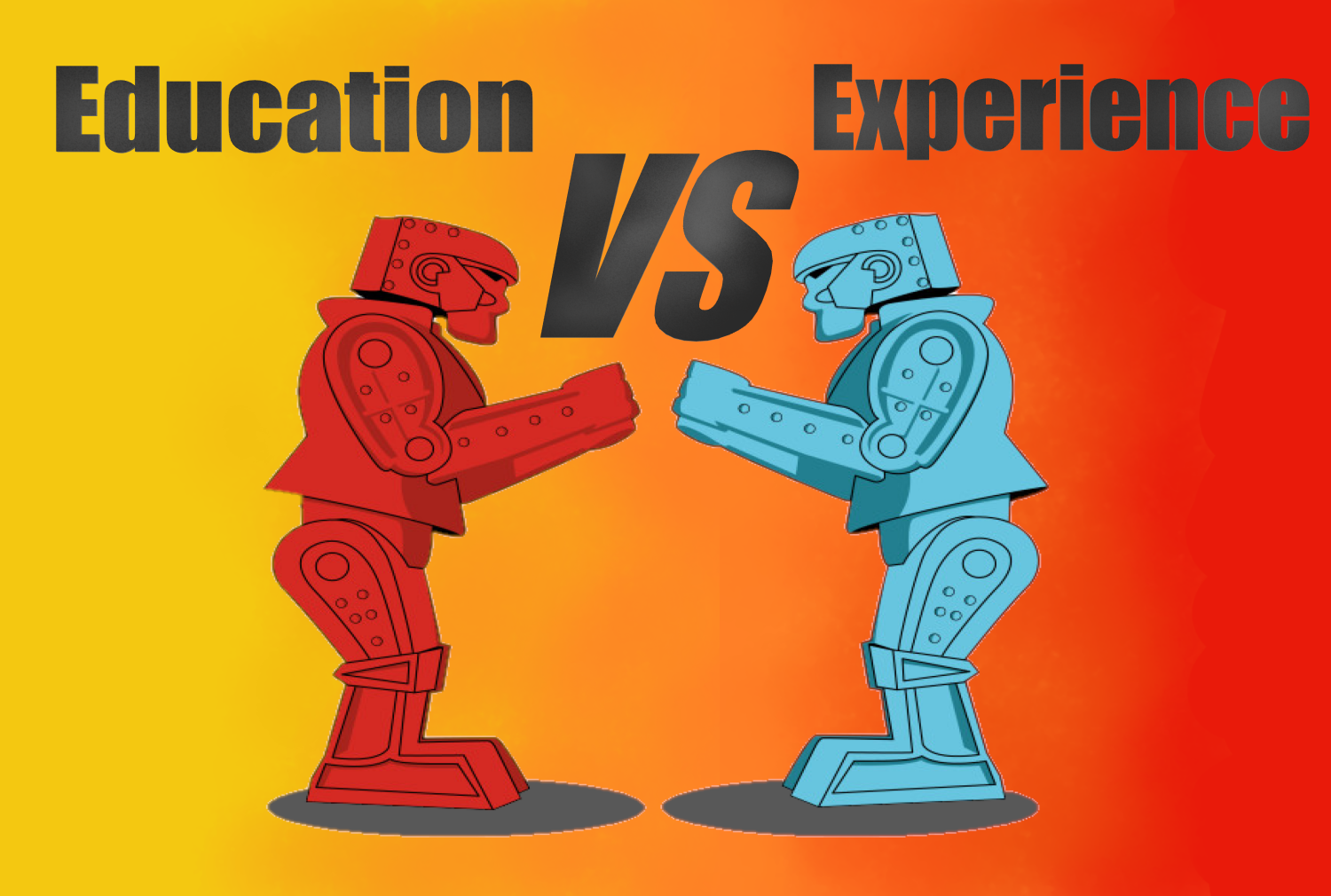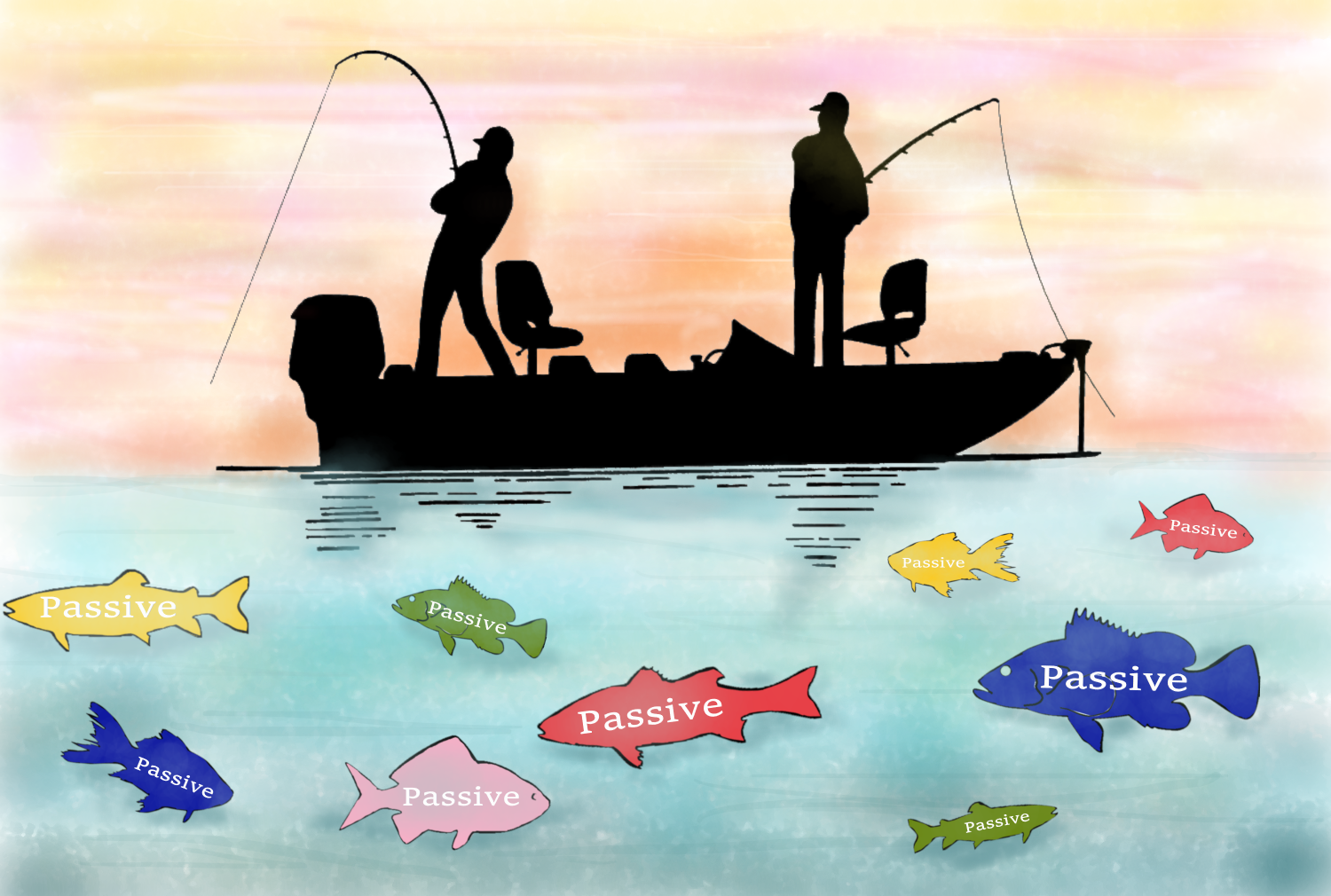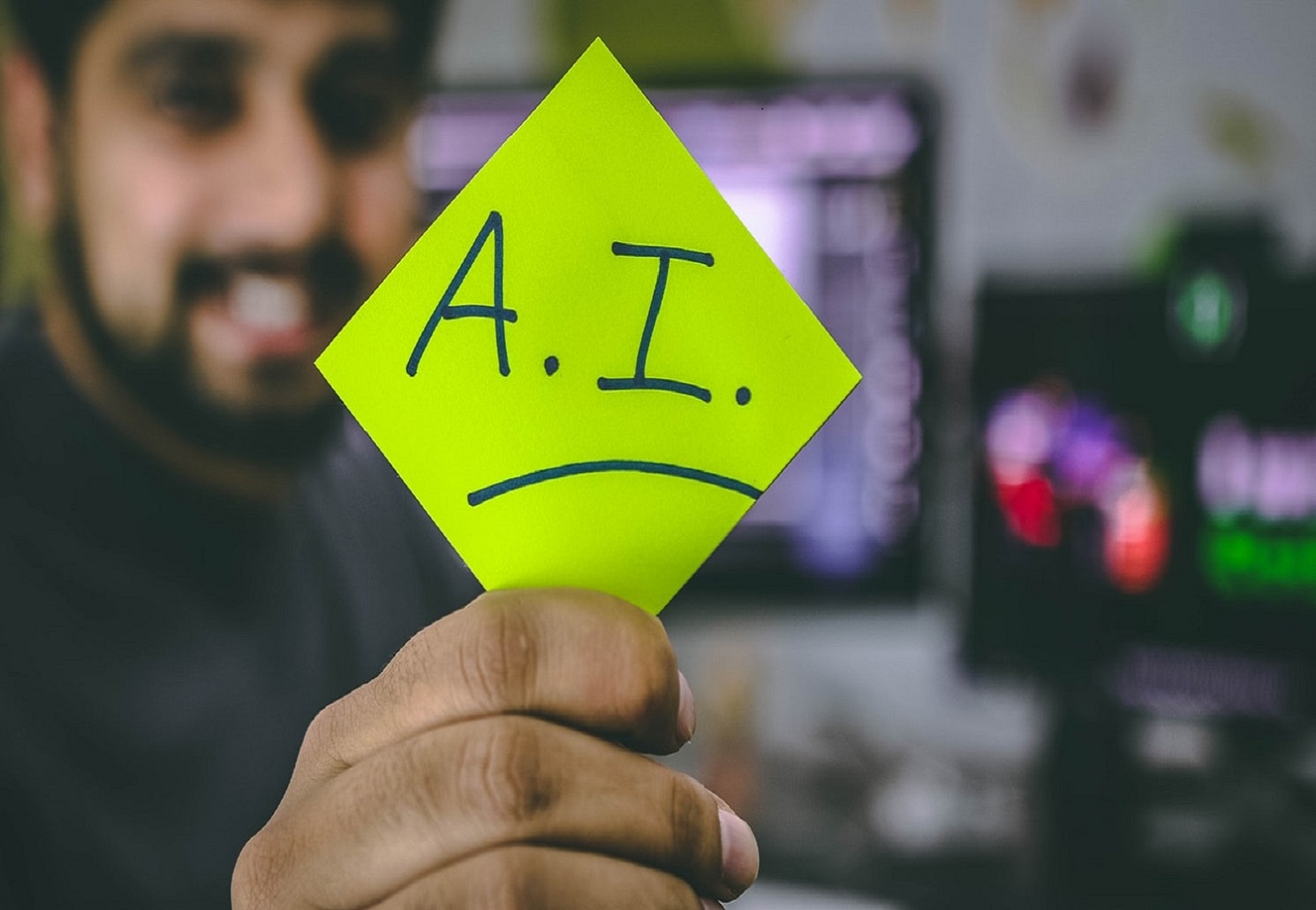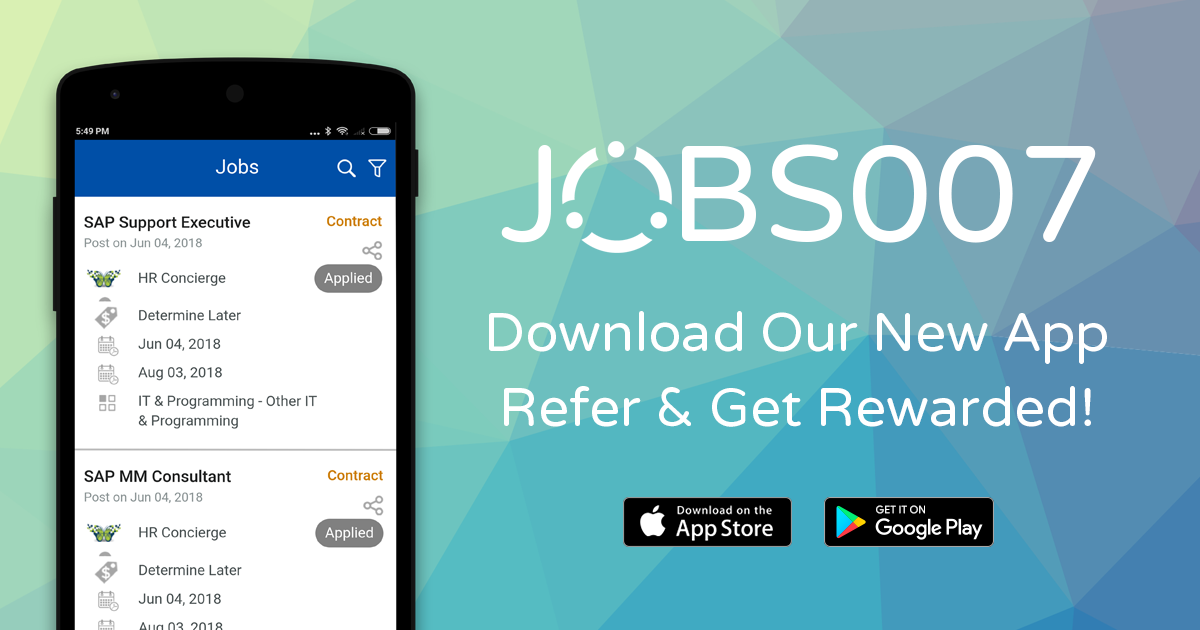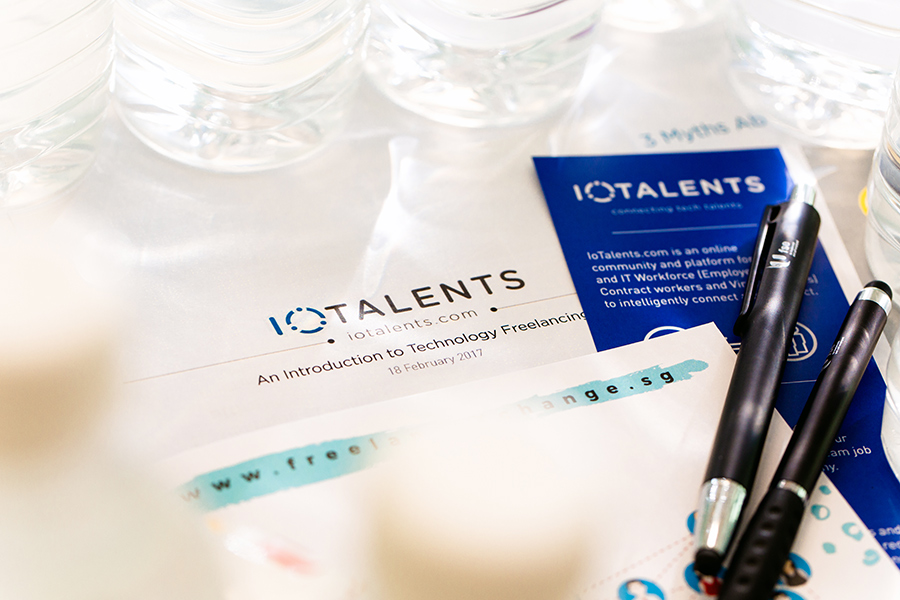By Evelyn Chow and Nabilah Tan of DecodeHR, with introduction by Kenneth Koh. Read more about DecodeHR here.
—
Kenneth: We are in the business of HR Technology and Recruitment. As such, we believe in the use of powerful, intelligent technologies, like AI, to augment the recruitment process.
Simply put, we believe that technology should be used to automate the most menial, laborious tasks that a human routinely does, paving the way for more focus on the parts of a job where human emotional intelligence, empathy, etc. are needed.
In this featured article, our friends at DecodeHR opine on the current state of AI – Human relations, and what the future holds for us as AI gets more advanced. Read on below:
—
Artificial Intelligence, aka AI, is an increasingly bandied about term as we move into the digital era. But what is AI exactly? Here at DecodeHR, we like to define it as a “medium” to simulate the capability of thinking like humans but with the processing power and speed of machines. With AI, productivity rates have the possibility of surging through the roof as what would normally take hours for a human mind to sieve through can now be processed in seconds.
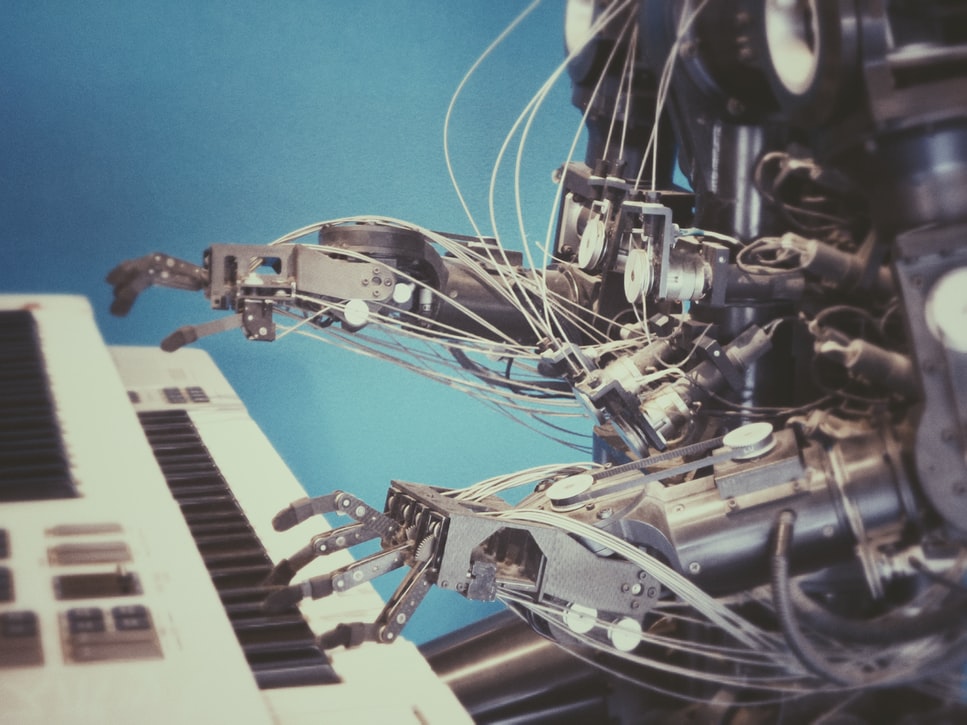

Just by this definition alone, it does seem like AI-powered Machines have the best of both worlds, getting ahead of Men by leaps and bounds. Indeed, studies have shown that the increased potential of AI will bring about transformations to almost all occupations to a certain degree. Just as how blue-collared workers feared for their continued employment during the industrial revolution, new advancements in the technology scene has bred fear of unemployment across the board.
That said, we did get through the third industrial revolution better off. There is thus something to be said about mankind’s resilience to automation. Some might also say it’s a matter of perspective – does it simply eliminate jobs or can we use AI to augment human strengths?
According to a Gartner study, the latter is a possibility as AI can produce a net gain of 0.5 million new jobs if done properly. There is a need to shift our focus on trying to reduce job elimination to finding solutions on how we can transform jobs to leverage the speed and accuracy of machines to augment our uniquely human capability of interpreting the world around us and using the information we pick up to effect change.
As Kinni nicely puts it “Every company is a tech company and tech is no longer an industry”. Everyone will be affected, but winning should not be about getting one over technology in terms of keeping our jobs. Instead how we redefine jobs to create an environment that leverages the strengths of both man and machine is the key factor that would see us through this digital revolution.


